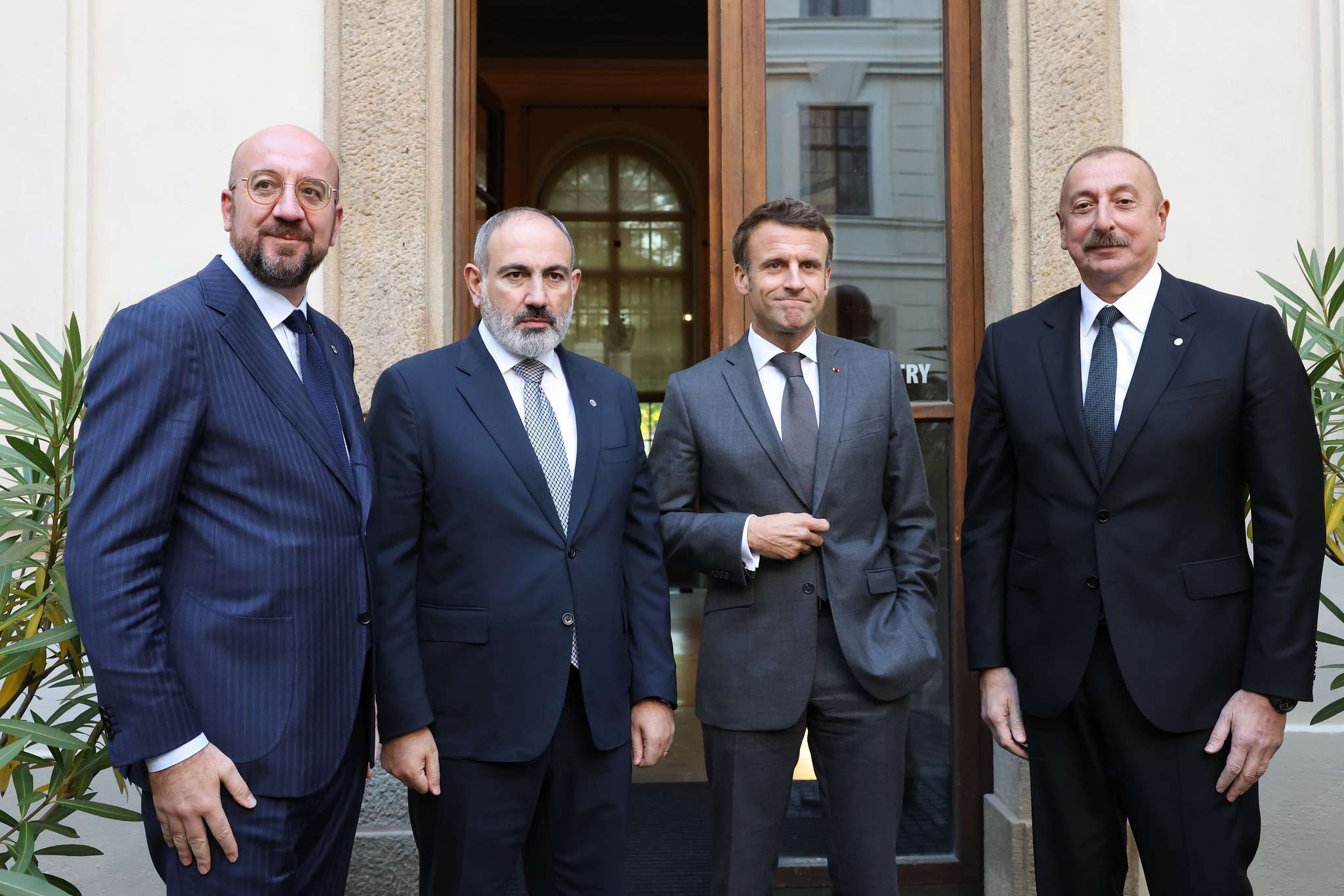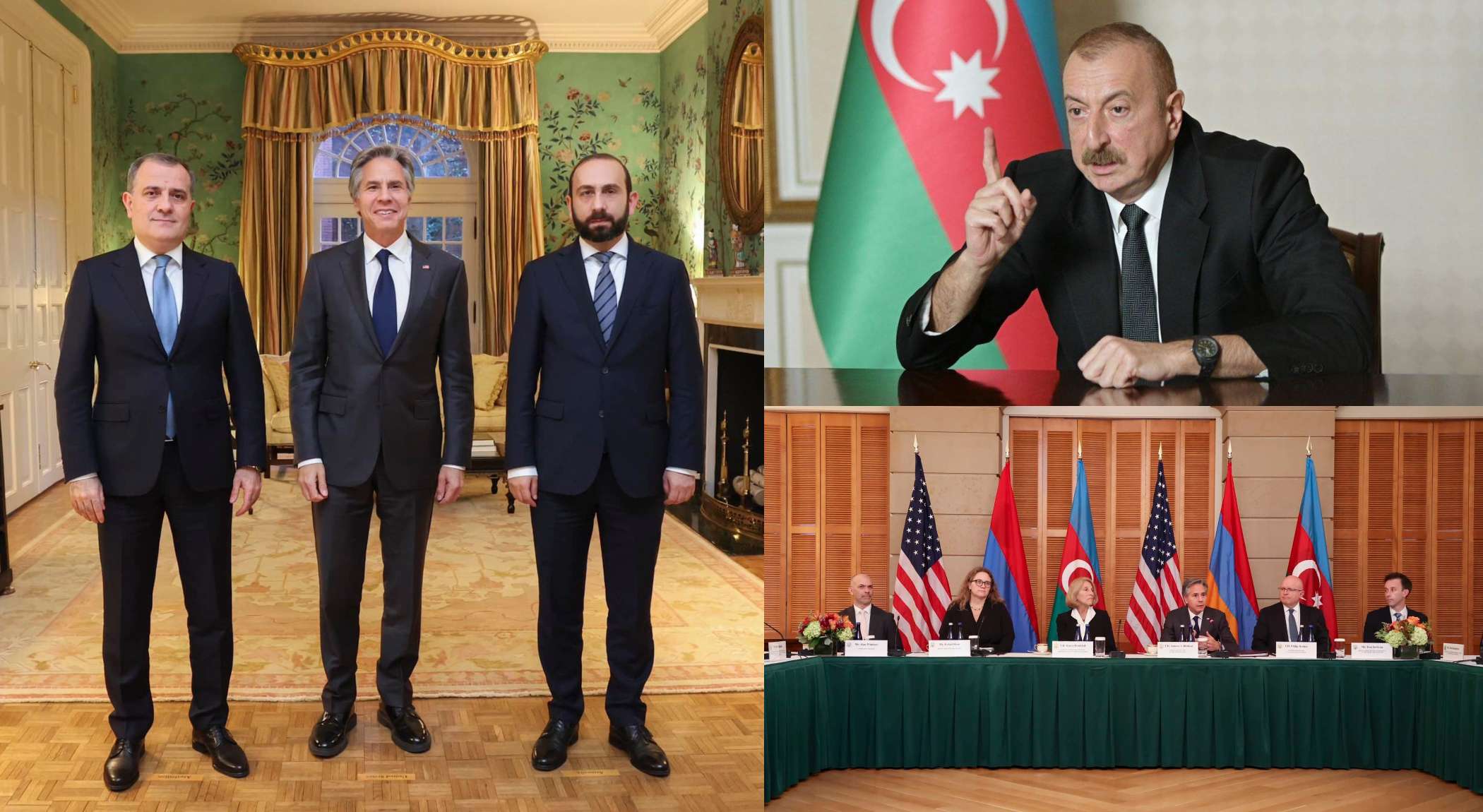The Pashinyan-Aliev-Macron-Michel quadrilateral meeting was held in Prague. As a result of the meeting, a communiqué was distributed, according to which Armenia and Azerbaijan expressed their commitment to the UN Charter and the 1991 Alma-Ata Declaration, through which both sides recognize each other's territorial integrity and sovereignty. They confirmed that this will form the basis for the work of the committees on delimitation and that the next meeting of these committees will take place in Brussels by the end of October.
In addition, the parties agreed on the activities of the EU civil observation mission "for a maximum of two months" on the part of Armenia along the border of Armenia and Azerbaijan, on which Azerbaijan agreed to "cooperate." The purpose of the work will be to create an atmosphere of mutual trust and support the work of border commissions.
The positive reactions following the quadrilateral meeting, both from the EU representatives and from Pashinyan and Aliyev, show that in the current context, the peace negotiations are entering the "flesh and blood" phase. The parties started discussing the issues on the agenda, inspiring hope for easing tension on the border. On the other hand, the EU observation mission is necessary to prevent possible escalations. It is clear from the message that the observation mission will be located on the border of Armenia and Azerbaijan; No matter how much Azerbaijan was against it, it did not hinder the decision-making and became committed to supporting its capabilities.
On the other hand, it is more significant that the EU observation mission will last "two months at most," from which it can be assumed that the parties hope to bring the negotiations to a more objective milestone and prepare the "draft" of the peace treaty, in which case the EU mission will not need to continue. Aliyev's statements also prove all that, according to which Azerbaijan hopes to sign a peace treaty by the end of the year, and he positively evaluates the quadrilateral meeting.
Necessary, the peace treaty between Armenia and Azerbaijan is directly related to regulating Armenian-Turkish relations and opening borders. Turkish President Recep Erdogan now announced this after the meeting with Pashinyan. During the meeting with journalists, Erdogan, in particular, announced. "As soon as Armenia signs a peace agreement with Azerbaijan, it will not have any problems with us. Ankara strives for the early warming of relations between Turkey, Azerbaijan, and Armenia and settling differences between the parties.
Summing up, we can note that there is a positive dynamic toward normalizing Armenian-Azerbaijani and Armenian-Turkish relations. And no matter how much the parties talk about negotiations without preconditions, those two directions are considered by all players as one package. Here, however, the question is how Russia relates to all this and what steps it can take to keep the negotiations "on its feet" or to abort the process. Therefore, the key to the outcome or impasse of the Prague negotiations may lie in Moscow.



















